Directory
- Share
Eryk Salvaggio
- Scholar-elect
- United States
- 2025 PhD Digital Humanities
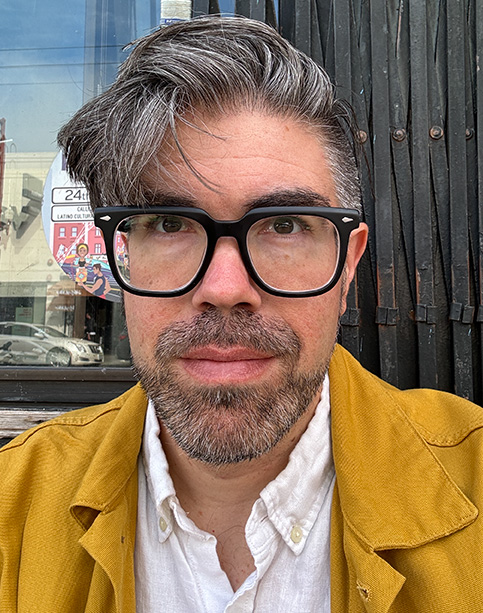
Eryk Salvaggio
- Scholar-elect
- United States
- 2025 PhD Digital Humanities
I've worked in art and technology for more than 25 years. Since 2018, I've embraced digital humanities as a lens to examine assumptions about generative AI in policy, pedagogy, and design. My research frames generative AI as digital humanities in reverse. Where archivists grapple with organizing and preserving cultural memory, generative AI synthesizes generalities to create plausible representations of that memory. This raises fascinating questions about cultural meaning. Yet, we lack frameworks to articulate these questions, challenge these representations, or examine the practices that produce them. At Cambridge, my research will bridge archival approaches, media studies, and responsible data-training practices to produce these frameworks. Being named a Gates Scholar is an immense honor. As the first in my family to attend university, I earned degrees in New Media and Journalism from the University of Maine. I hold an MSc in Media and Communications from the London School of Economics, and in Applied Cybernetics from the Australian National University. I've been a Research Fellow at the Flickr Foundation, a Reporting Fellow at Tech Policy Press, and the Emerging Technology Research Advisor for the Siegel Family Endowment.
Previous Education
London School of Economics & Political Science (Un Media and Communications
Australian National University Applied Cybernetics
Keene State College Undeclared
Farhan Samanani
- Alumni
- Canada
- 2013 PhD Social Anthropology
- Trinity Hall
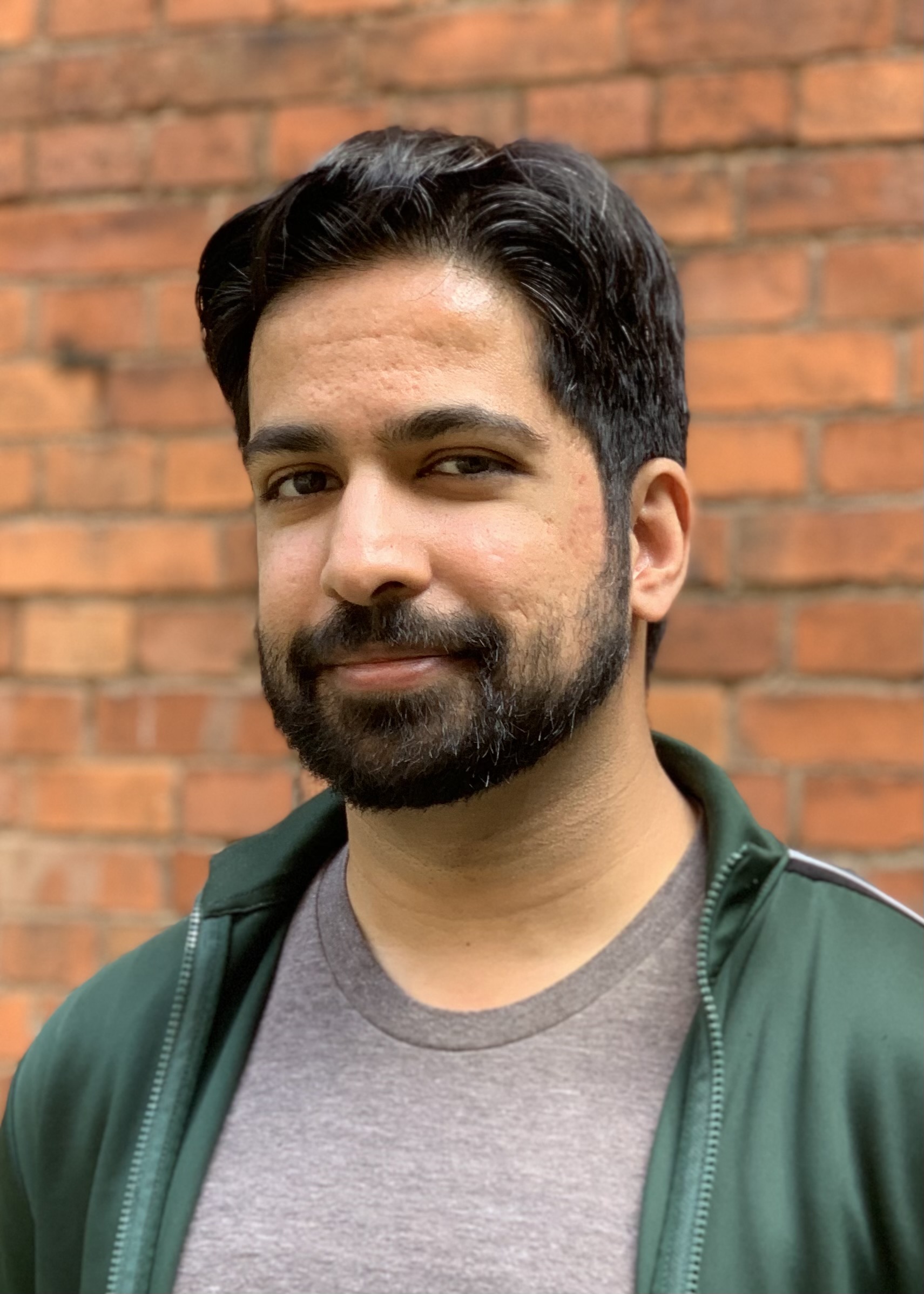
Farhan Samanani
- Alumni
- Canada
- 2013 PhD Social Anthropology
- Trinity Hall
I work as an academic who strives to bridge research and practice, looking at questions of how we build community and common cause across lines of difference. I completed my PhD in Social Anthropology as a Gates Cambridge Scholar, held a post in Human Geography for a year at the University of Oxford, and am currently a Fellow at The Max Planck Institute for the Study of Religious and Ethnic Diversity. At Cambridge, my research focused on how people imagined and worked to build community in a highly-diverse London neighborhood, and what drew people together or held them apart. At Oxford, I looked at how cuts to public services were impacting the experiences of first-time parents, and at how the design of our cities and services shapes possibilities for care. My current research explores how community organizers in East London work to build diverse coalitions to drive meaningful grassroots-led political change -- and who or what gets included or left behind in these processes. I am committed to producing public-facing research that's capable of producing real change, and have worked for a range of non-profit and community groups, from the small to the international.
I've written for a range of academic and popular-press publications. If you want a sense of the sort of work I do, check out: https://aeon.co/essays/whats-the-best-way-to-find-common-ground-in-public-spaces
Links
Shamsher Samra
- Alumni
- United States
- 2007 MPhil Development Studies
- Hughes Hall

Shamsher Samra
- Alumni
- United States
- 2007 MPhil Development Studies
- Hughes Hall
Matthew Samson
- Alumni
- Australia
- 2014 PhD Psychology
- Trinity Hall
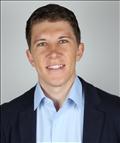
Matthew Samson
- Alumni
- Australia
- 2014 PhD Psychology
- Trinity Hall
In versions one to three of this biography, I tried my best to show everyone why I think I’m a worthy Gates Scholar. I drew continuities between my different extra-curricular activities and my current research. In truth, I just did things – unexceptional things – because I found them interesting. I was never the brightest person in my class. I stumbled into my local university (you probably haven’t heard of it) after a particularly calamitous and short lived stint in investment banking. I did social psychology because I thought it could give me the edge to overcome my anxiety, captivate that special someone and play better cricket. Ironically, my PhD now focuses on precisely how little psychology speaks to those things. Instead, I argue that psychology can be useful when looking at trends, and that the individual – you – are eminently unknowable. It is this paradigm that guides my current study of happiness at scale… Overall, I am lucky. I’ve progressed down a path that I never planned, and towards a future that might never be clear. I’m just thankful that mum and dad are proud.
To those who are considering applying to Gates/Cambridge: I was rejected outright from Oxford and loads of other universities. My only offer was to Cambridge. I felt like an imposter when I arrived. I don’t anymore. Just give it a go!
Nuria Sanchez Puig
- Alumni
- Mexico
- 2001 PhD Chemistry
- Gonville and Caius College

Nuria Sanchez Puig
- Alumni
- Mexico
- 2001 PhD Chemistry
- Gonville and Caius College
2009
Claudia Sanhueza Riveros
- Alumni
- Chile
- 2001 PhD Economics
- Churchill College

Claudia Sanhueza Riveros
- Alumni
- Chile
- 2001 PhD Economics
- Churchill College
Jessica Santivanez Perez
- Alumni
- Peru
- 2013 PhD Clinical Neurosciences
- Selwyn College

Jessica Santivanez Perez
- Alumni
- Peru
- 2013 PhD Clinical Neurosciences
- Selwyn College
I was born and raised in Lima, Peru. I moved to the UK to pursue a career as a research scientist committed to have a positive impact on the quality of life of patients worldwide. With my grandmother having been recently cured from skin carcinoma and a family history of breast cancer, I became actively involved in cancer research. However, I became aware of less treatable, devastating conditions with unknown causes, such as neurodegenerative disorders. These are becoming a major threat to public health due to the phenomenon of the ageing population. My work at Cambridge will therefore focus on the study of the early events that lead to neuronal death in Parkinson’s disease. I hope to identify agents that can delay disease progression since current treatments only address the symptoms, rather than the causes of neurodegeneration. Additionally, I aim to establish links with centres in Latin America to promote research and the role of women in science back home.
Links
Sukanya Sarbadhikary
- Alumni
- India
- 2008 PhD Social Anthropology
- Trinity College
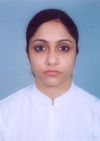
Sukanya Sarbadhikary
- Alumni
- India
- 2008 PhD Social Anthropology
- Trinity College
My research interest lies in trying to appreciate the various articulations of popular religion and religious music in Bengal. On completing my studies in the University of Cambridge, I would ideally like to engage in an active research and teaching career.
Hayk Saribekyan
- Alumni
- Armenia
- 2017 PhD Computer Science
- St John's College
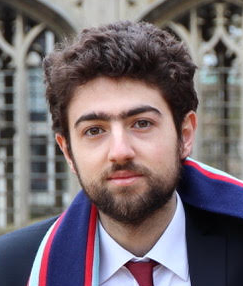
Hayk Saribekyan
- Alumni
- Armenia
- 2017 PhD Computer Science
- St John's College
I grew up in a village not far from the capital of Armenia, Yerevan. At the age of ten, my parents transferred me to one of the best schools in the country - Quantum, where I was given many opportunities to go beyond the normal classwork. I developed great interest in computer science and mathematics, and participated in numerous science competitions. The highly motivating environment in school helped me to eventually start an undergraduate degree at MIT. I immediately chose to study my favourite subject: computer science. Besides my own studies, I have always been interested in teaching myself. At MIT through the Global Teaching Labs program, I taught a month-long computer science course in a high school in Italy. Two years after that we were able to bring the program to my home country, Armenia, where I also taught. In the last two years at MIT, I was involved in research in computational connectomics, a branch of neuroscience that aim to understand the low level structure of the brain and how it "computes." I am excited to undertake doctoral studies in Computer Science at the University of Cambridge, explore what are the limits of randomised distributed computation models, and how we can use distributed computing to model natural processes.
Previous Education
Massachusetts Institute of Technology
Links
Arnab Sarkar
- Scholar
- India
- 2021 PhD Astronomy
- Churchill College
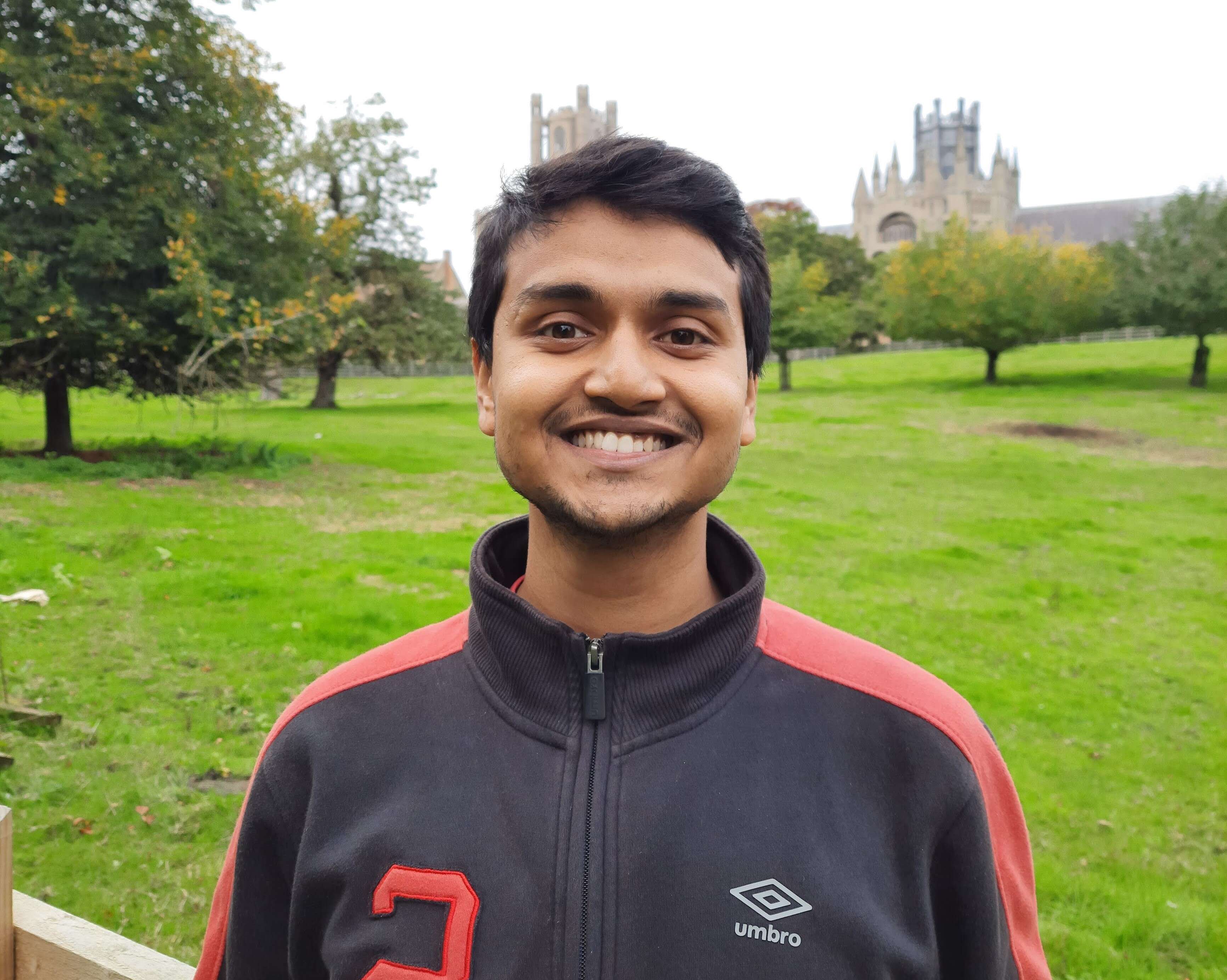
Arnab Sarkar
- Scholar
- India
- 2021 PhD Astronomy
- Churchill College
Hailing from a humble Indian suburb, I got enrolled at the Indian Institute of Science Education and Research Kolkata (IISERK), India, for an Integrated BS-MS in the Physical Sciences, and pursued my Master's thesis in astrophysics as a visiting student at the Weizmann Institute of Science, Israel. At Cambridge, I will have a broader opportunity to better understand the progenitors of overluminous Type Ia supernovae, that are said to violate the Chandareskhar limit. Growing up, I have always strived to promote astronomy and astrophysics as an extremely intriguing field of research, and I plan to continue doing the same as a PhD student in Cambridge. I am profoundly grateful to be awarded the Gates-Cambridge scholarship, and this scholarship has paved the way for me to continue contributing original ideas into my field of research, alongwith fuelling a fascination for the cosmos among the student community, by and large in those who are specifically intrigued by astronomy and astrophysics.
Links
Sovan Sarkar
- Alumni
- India
- 2002 PhD Medical Genetics
- Hughes Hall

Sovan Sarkar
- Alumni
- India
- 2002 PhD Medical Genetics
- Hughes Hall
Dr Sovan Sarkar is a Birmingham Fellow (equivalent to Assistant Professor) at the University of Birmingham, and holds the distinction of Former Fellow for life at Hughes Hall, University of Cambridge. He studies the biological process of autophagy, which is an intracellular degradation pathway essential for cellular survival. Utilizing human embryonic stem cells (hESCs) and disease-specific human induced pluripotent stem cells (hiPSCs) to establish human cellular platforms, his lab works on the regulation and therapeutic application of autophagy in relation to human physiology and diseases. He aims to develop a pipeline originating from basic biology to drug discovery, and potentially translate the findings for biomedical applications. He has made several contributions in the field of autophagy including the identification of mTOR-independent signalling pathways and small molecules modulating autophagy. These findings not only provided mechanistic insights into the cell biology of this process, but also generated potential therapeutic candidates for diverse human diseases, including neurodegenerative diseases where upregulating autophagy acts as a protective pathway. His work also involves the fundamental regulation of autophagy in physiologically-relevant hESCs, and its deregulation in disease-relevant cell-types differentiated from hiPSC models. He has co-authored more than 65 scientific publications, which have collectively received over 20000 citations (Google Scholar), and have generated 4 patents and various research features such as in Nature Reviews Drug Discovery, Nature Chemical Biology, Molecular Cell and Times of India. He is also involved in scientific engagements with institutions in India as part of the University of Birmingham India Institute.
Previous Education
Madurai Kamaraj Univ, India MSc Biotechnology 2002
University of Calcutta BSc Physiology 2000
Links
https://www.birmingham.ac.uk/staff/profiles/cancer-genomic/sarkar-sovan.aspx
https://www.sovansarkarlab.com
https://www.linkedin.com/in/sovan-sarkar-b3218b25
http://www.mit.edu/~sarkar
Andre Sartori
- Alumni
- Brazil
- 2005 PhD Earth Sciences
- Emmanuel College
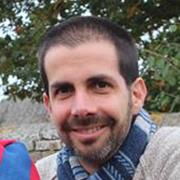
Andre Sartori
- Alumni
- Brazil
- 2005 PhD Earth Sciences
- Emmanuel College
Simone Sasse
- Alumni
- United States
- 2014 MPhil Biological Science (Pathology)
- Emmanuel College

Simone Sasse
- Alumni
- United States
- 2014 MPhil Biological Science (Pathology)
- Emmanuel College
I pursued an MPhil in Pathology at Cambridge in Dr. Jim Ajioka’s parasitology lab. I am currently an obstetrics and gynecology resident at NYU interested in gynecologic oncology and global health.
Laura Isabel (Laurisa) Sastoque Pabon
- Scholar
- Colombia
- 2023 MPhil Digital Humanities
- St John's College
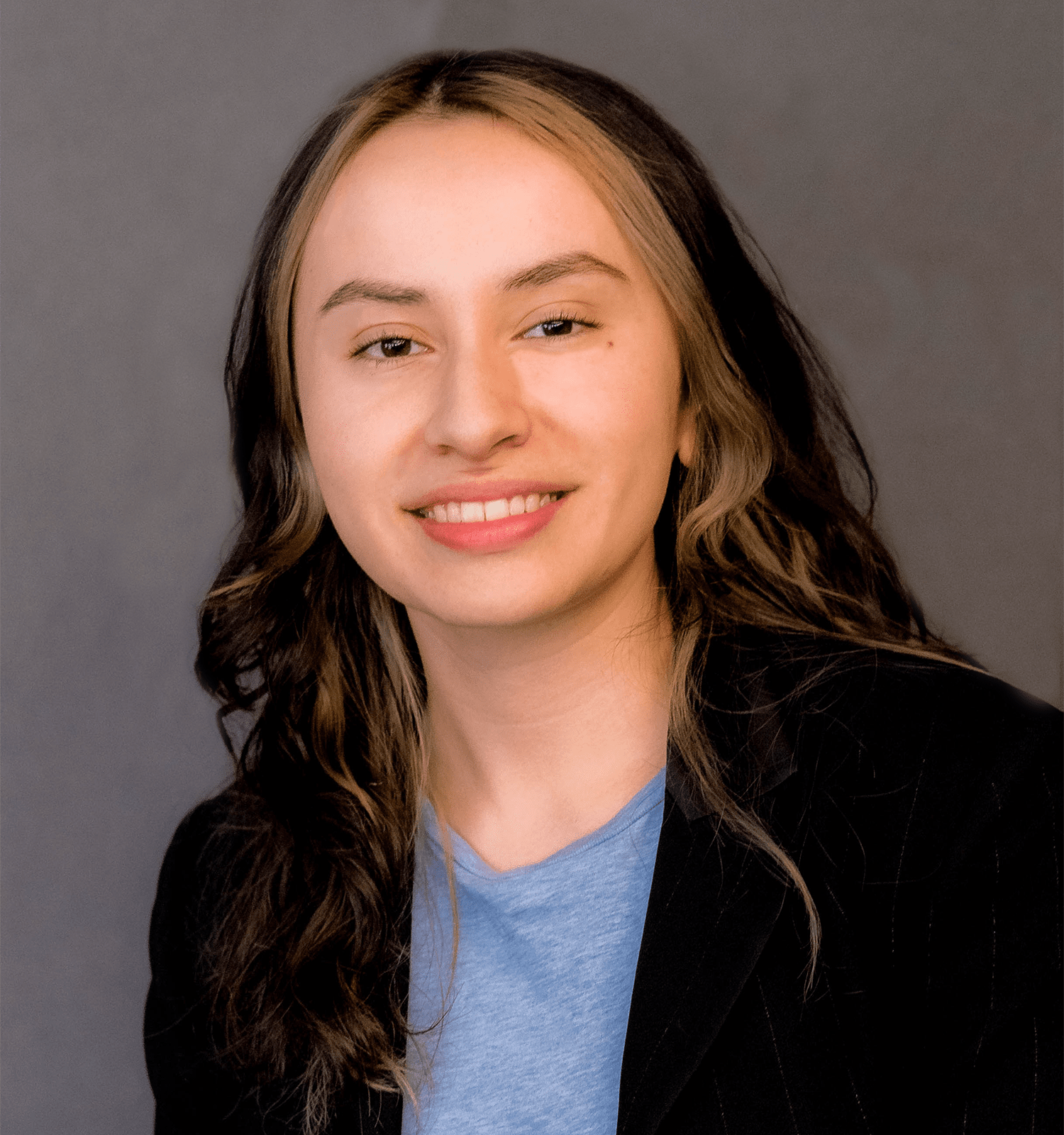
Laura Isabel (Laurisa) Sastoque Pabon
- Scholar
- Colombia
- 2023 MPhil Digital Humanities
- St John's College
Growing up in Bogotá, Colombia, I grappled with the idea of conveying a more truthful and nuanced portrayal of our people’s history to the rest of the world. In 2019, I moved to the United States to pursue a degree in History and Creative Writing, with a minor in Data Science, at Northwestern University. During my studies, I became intrigued by the stigmatization of Colombian immigrants due to our association with drug trafficking history. This interest evolved into a senior thesis that analyzed hundreds of periodical sources and oral histories to uncover how this narrative evolved. Now pursuing an MPhil in digital humanities at Cambridge, I’m merging my interests in immigration narratives and digital methods to develop a GIS map that provides a fresh perspective on the complex relationship between Colombian identity and drug trafficking. My goal is to create a digital exhibition that challenges stereotypes about global Colombians and Latin Americans, showcasing it at museums and galleries worldwide with the help of the Gates Community. I’m excited to open up new avenues for understanding and appreciation of our historical memory.
Previous Education
Northwestern University History, English, Data Science 2023
Mayumi Sato
- Scholar
- Canada, Japan
- 2021 PhD Sociology
- Trinity Hall
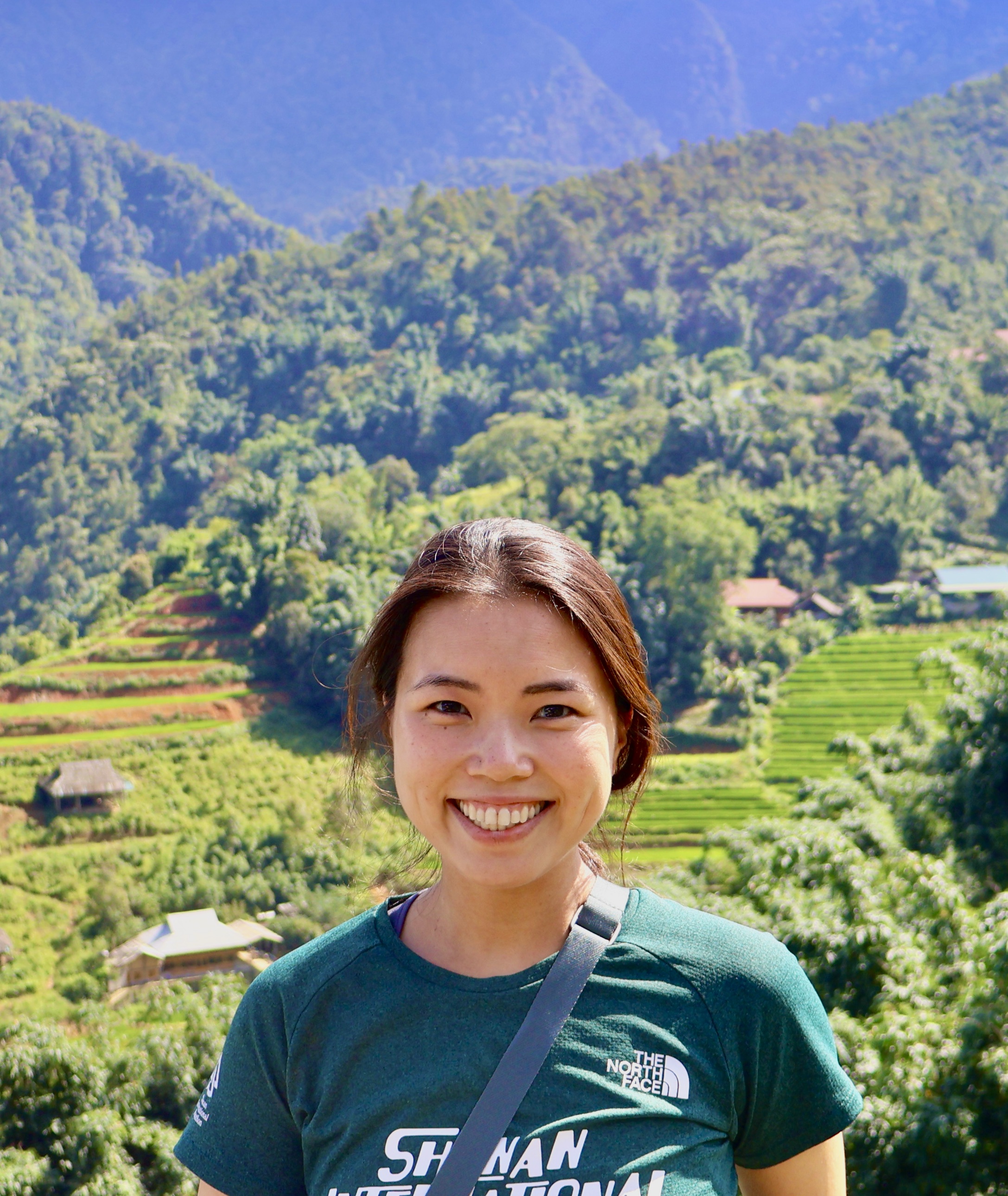
Mayumi Sato
- Scholar
- Canada, Japan
- 2021 PhD Sociology
- Trinity Hall
Growing up in Asia and North America, I have always felt contradicting experiences of identity - one that oscillates between the desire to belong in a new country and the desire to remember my home roots, while ultimately finding myself not fully accepted in either. From a young age, I used my personal experiences as an opportunity to make sense of the world, and to unpack the societies I moved through. Between academic degrees, I worked on issues of reforestation, gender and social equity in forest landscapes, and land resettlement and reparations in Asia, North America, and Europe. My studies and work has allowed me to develop my current research interests, which focus on the intersection between environment and social justice. My research is centered on practices of environmental justice and land stewardship which serve as broader social struggles for freedom and reclamation. Through my research, I hope to share public-facing knowledge and flatten the power hierarchies between how "research" is credited and produced, and to translate scholarship in ways that are accessible and useful within and outside the academy.
Previous Education
University of Cambridge Sociology 2020
McGill University Honours Geography 2017
Rebecca Saunderson
- Alumni
- Australia
- 2012 MPhil Medical Science (Medicine)
- Corpus Christi College
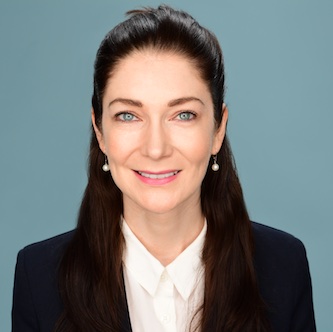
Rebecca Saunderson
- Alumni
- Australia
- 2012 MPhil Medical Science (Medicine)
- Corpus Christi College
Gates Cambridge Scholar 2012-2013 MPhil MedicineCochair Gates Cambridge Alumni Association 2016-currentDirector of Membership Gates Cambridge Alumni Association 2014-2016Consultant dermatologist: Prince of Wales Hospital & Royal North Shore Hospital Cofounder Consentic
Yevgen Sautin
- Alumni
- United States
- 2016 PhD History
- Selwyn College
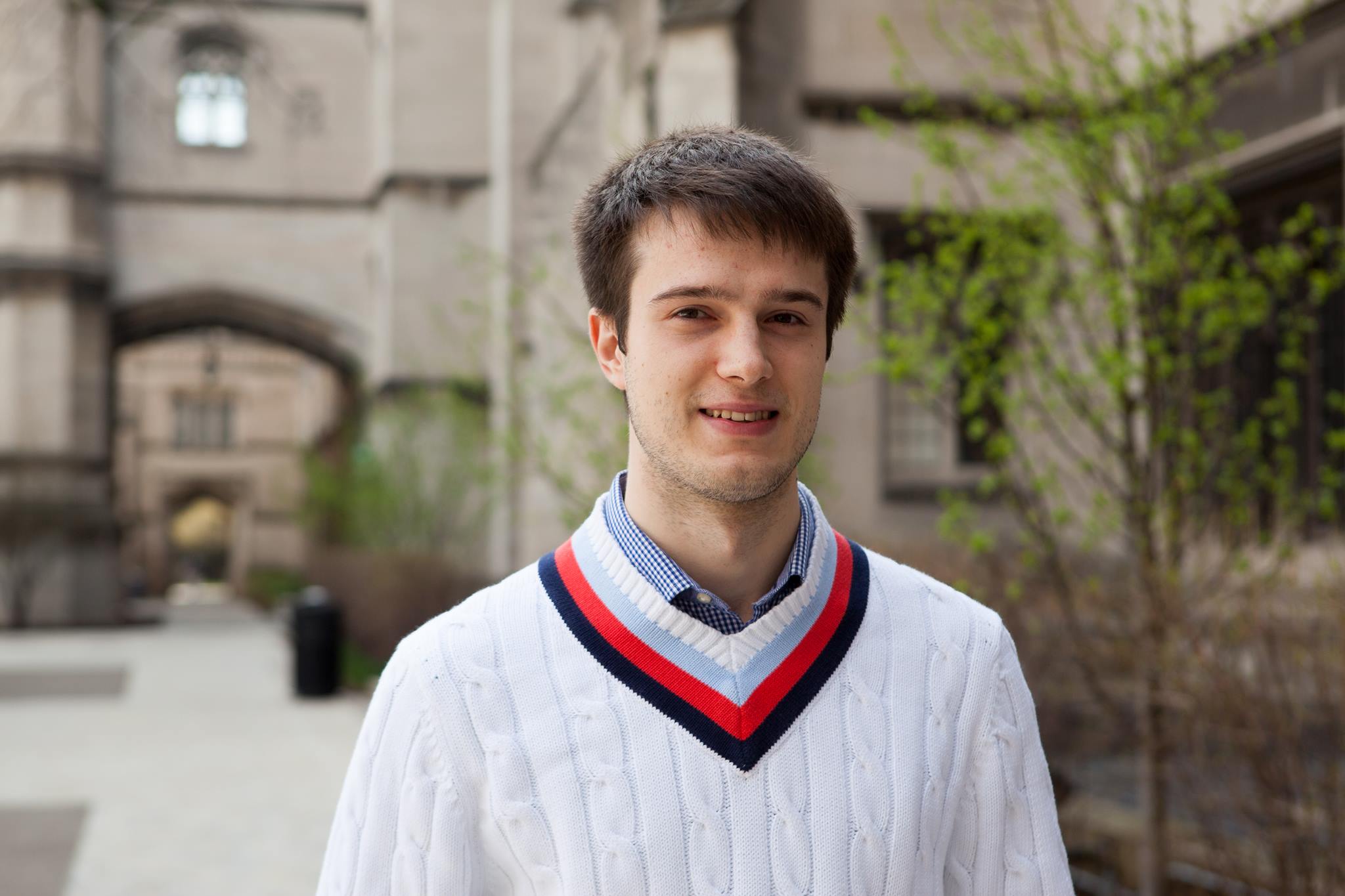
Yevgen Sautin
- Alumni
- United States
- 2016 PhD History
- Selwyn College
I was born in Kiev, Ukraine, lived in Japan as a kid, and grew up in Gainesville, Florida, where I went to school at the University of Florida. Since childhood I have been fascinated by history. As an undergraduate student, I began studying Chinese, which quickly became a lifelong pursuit. During my college years, I studied abroad in China, Russia, and Taiwan. After college, I worked at the Carnegie Endowment for International Peace as a Junior Fellow in the Russia-Eurasia and Energy and Climate Change Programs. I then went back to school to get an M.A. at the University of Chicago in International Relations. This past year I was in Taiwan again as a Boren Fellow studying Chinese and doing research. At Cambridge I will be pursuing a Ph.D. in Modern Chinese History, researching Manchuria in the early post-war period. At the time Manchuria was a fiercely contested space both geopolitically and in terms of its identity. The topic has been understudied by historians and will allow me to wrestle with bigger questions about the balance of power in East Asia, the determination of borders, and the impact of the early Cold War period on modern China. When not working I love running, being a foodie, and globetrotting.
Previous Education
University of Chicago
University of Florida
Paulo Savaget Nascimento
- Alumni
- Brazil
- 2015 PhD Engineering
- Hughes Hall
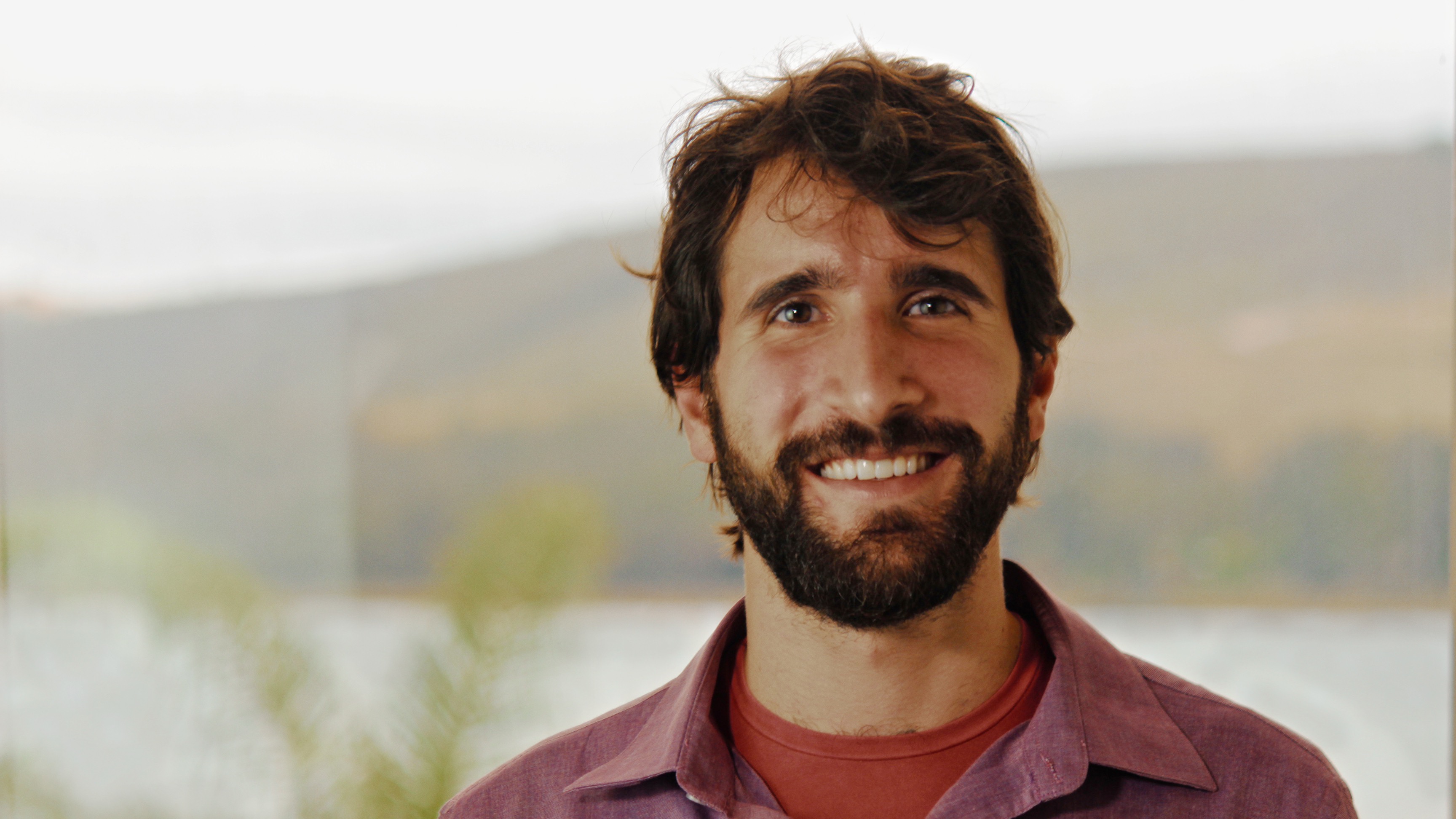
Paulo Savaget Nascimento
- Alumni
- Brazil
- 2015 PhD Engineering
- Hughes Hall
Paulo holds a joint appointment between the Department of Engineering Science and Saïd Business School. His primary fields of expertise are entrepreneurship, sustainable development, systems change, and innovation management.
The emphasis of his work is on transforming unjust systems through entrepreneurship. He formerly served as Postdoctoral Researcher at the Skoll Centre and as an Assistant Professor at Durham University. Outside academia, he worked as an entrepreneur and as a consultant to large companies, governments, and intergovernmental organisations. He received his PhD from the University of Cambridge, as a Gates Scholar.
He has been granted the IBM Business of Government Award, the Green Talents Award from the German Ministry of Science and Technology, and the Oldham Award from the University of Sussex, and has received multiple scholarships for his studies, such as from the Gates Trust, the UK Foreign and Commonwealth Office, and the Brazilian Council for Science and Technology.
Previous Education
University of Sussex
Universidade Federal do Rio de Janeiro








